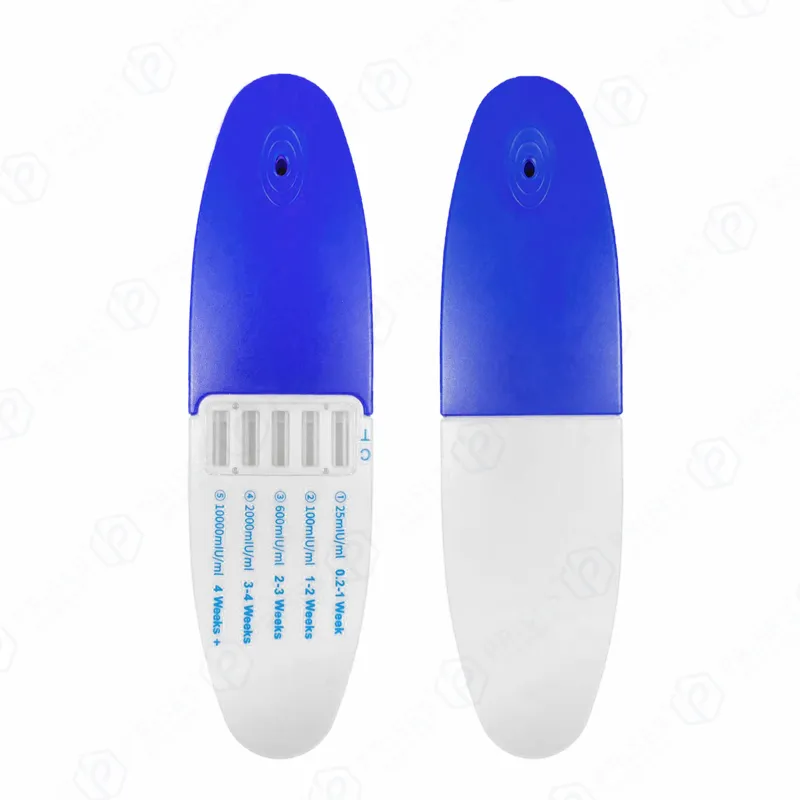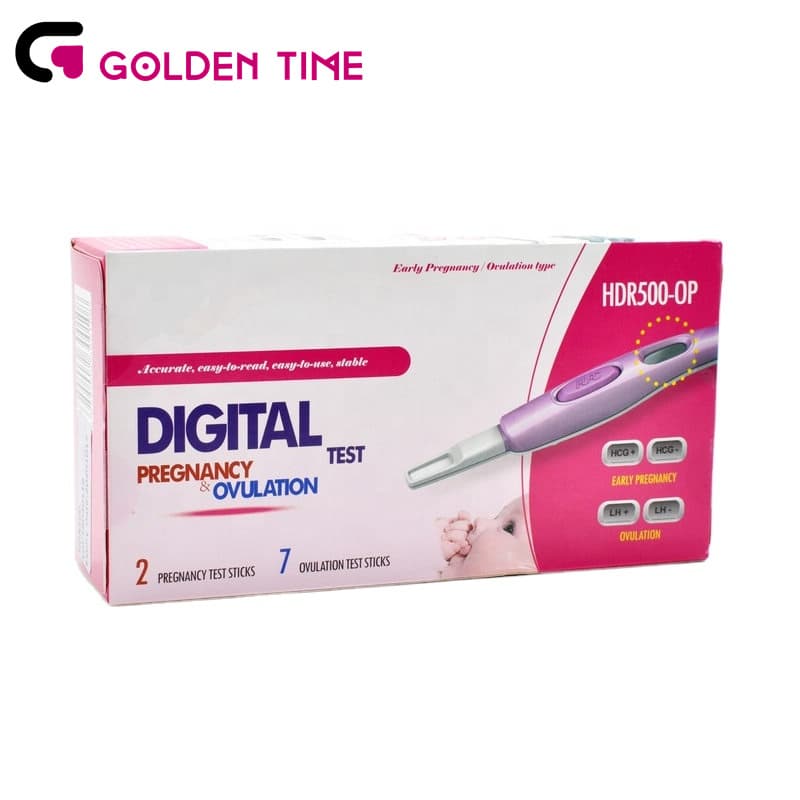Jan . 09, 2025 11:29 Back to list
covid test
Navigating the world of COVID testing requires understanding the nuances of various test types and their purposes. Recognized as a cornerstone in pandemic management, COVID tests are indispensable tools for individuals, healthcare professionals, and employers alike.
For businesses and organizations aiming to maintain a COVID-free environment, implementing regular testing regimes is crucial. Antigen tests can be a viable option in these settings, allowing for quick identification of positive cases and mitigating the risk of outbreaks. However, it's essential to couple testing with other preventive measures such as vaccination, mask-wearing, and physical distancing to optimize safety. The reliability of a COVID test lies in its ability to produce consistent and accurate results. It is critical to source tests from reputable manufacturers who adhere to regulatory standards set forth by authorities like the FDA or WHO. These organizations ensure that tests undergo rigorous validation processes to meet quality and performance benchmarks. Moreover, home testing kits have surged in popularity due to their convenience and privacy. These kits empower individuals to monitor their health status from the comfort of their homes. Users should meticulously follow the instructions provided with these kits to ensure the accuracy of results. Incorrect sample collection or processing can lead to false results, which underscores the need for attentive and precise handling. In conclusion, navigating COVID testing necessitates an understanding of the varying test types, their appropriate uses, and the contexts in which they should be applied. With an informed approach, individuals and organizations can effectively utilize these tools in managing health and safety. It is always advisable to consult healthcare professionals to interpret test results accurately and to receive guidance tailored to individual health needs and circumstances. Building a robust strategy around COVID testing is pivotal in safeguarding public health and paving the path towards recovery and normalcy.


For businesses and organizations aiming to maintain a COVID-free environment, implementing regular testing regimes is crucial. Antigen tests can be a viable option in these settings, allowing for quick identification of positive cases and mitigating the risk of outbreaks. However, it's essential to couple testing with other preventive measures such as vaccination, mask-wearing, and physical distancing to optimize safety. The reliability of a COVID test lies in its ability to produce consistent and accurate results. It is critical to source tests from reputable manufacturers who adhere to regulatory standards set forth by authorities like the FDA or WHO. These organizations ensure that tests undergo rigorous validation processes to meet quality and performance benchmarks. Moreover, home testing kits have surged in popularity due to their convenience and privacy. These kits empower individuals to monitor their health status from the comfort of their homes. Users should meticulously follow the instructions provided with these kits to ensure the accuracy of results. Incorrect sample collection or processing can lead to false results, which underscores the need for attentive and precise handling. In conclusion, navigating COVID testing necessitates an understanding of the varying test types, their appropriate uses, and the contexts in which they should be applied. With an informed approach, individuals and organizations can effectively utilize these tools in managing health and safety. It is always advisable to consult healthcare professionals to interpret test results accurately and to receive guidance tailored to individual health needs and circumstances. Building a robust strategy around COVID testing is pivotal in safeguarding public health and paving the path towards recovery and normalcy.
Next:
Latest news
-
Highly Accurate hCG Pregnancy Test Strips - 5 Min Results
NewsAug.02,2025
-
Premium Empty ABS Plastic Cassettes: Durable & Lightweight Storage
NewsAug.01,2025
-
Accurate Cocaine (Coc) Rapid Test Kit | Fast & Reliable Detection
NewsJul.31,2025
-
Accurate HCG Pregnancy Test Strips | Fast Home Use Kit
NewsJul.31,2025
-
Reliable Early Pregnancy Test Kit Supplier - Multi Plastic Cassette Options
NewsJul.30,2025
-
Transferrin Rapid Test Cassette – Reliable Tumor Marker Detection
NewsJul.29,2025

